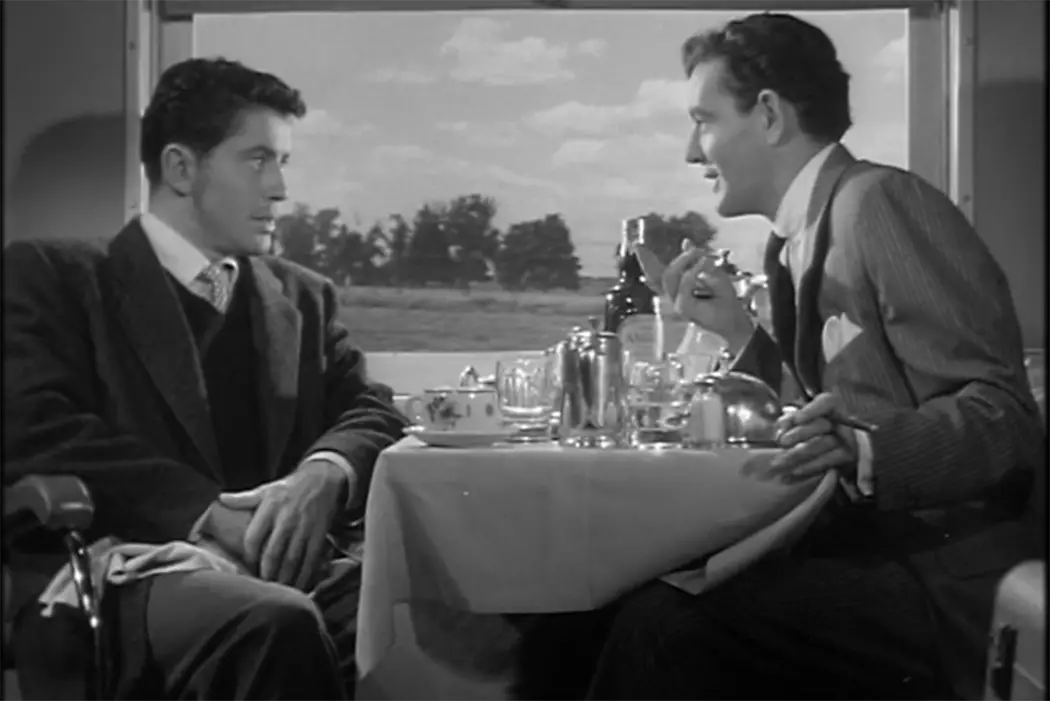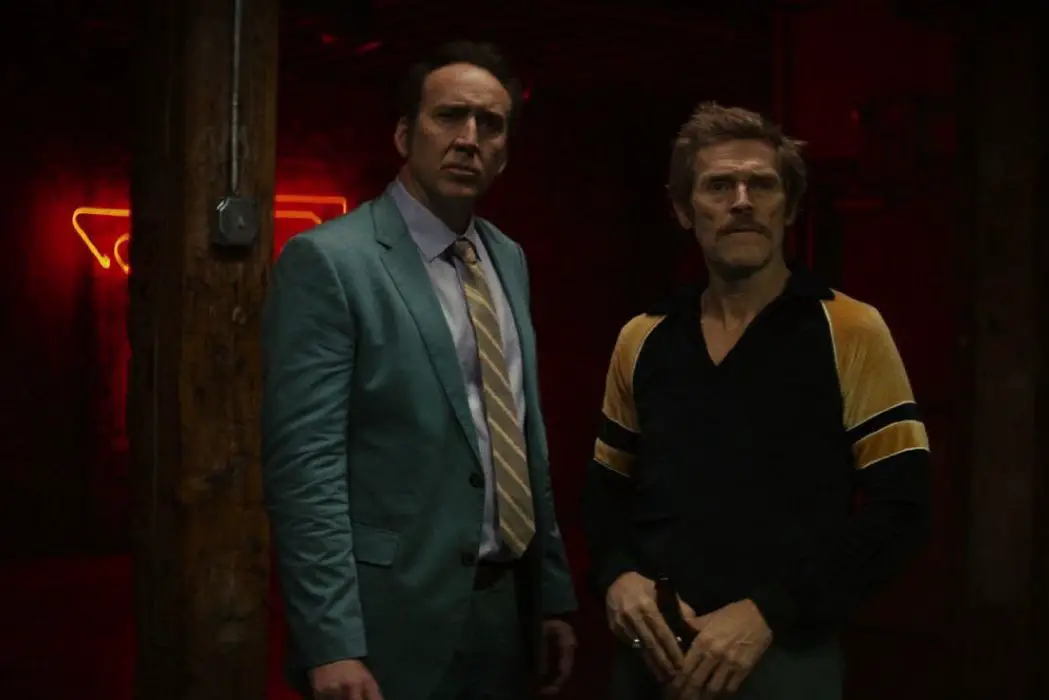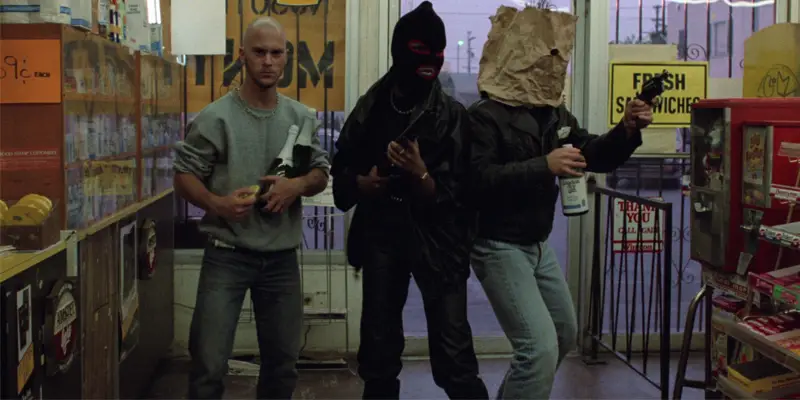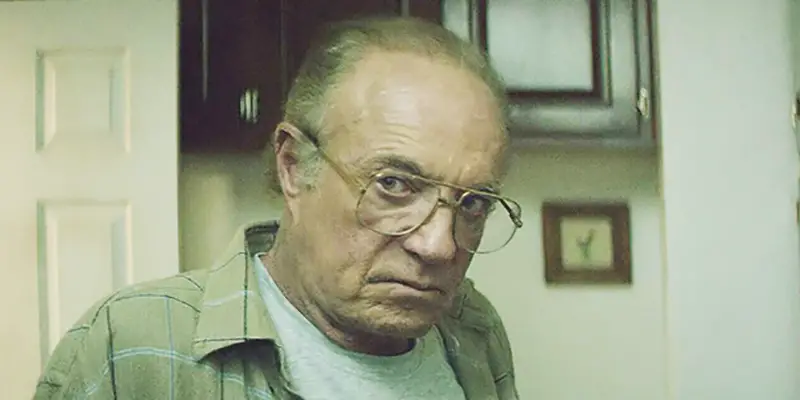thriller

Oscar winners Tom Hanks and Ron Howard reunite in their third collaboration on a Dan Brown adaptation, Inferno. Small wonder. The Da Vinci Code grossed better than $750 million worldwide, and its sequel, Angels & Demons, based on a lesser known novel that marked the first appearance of globe-trotting symbologist Robert Langdon, pulled in close to $500 million.
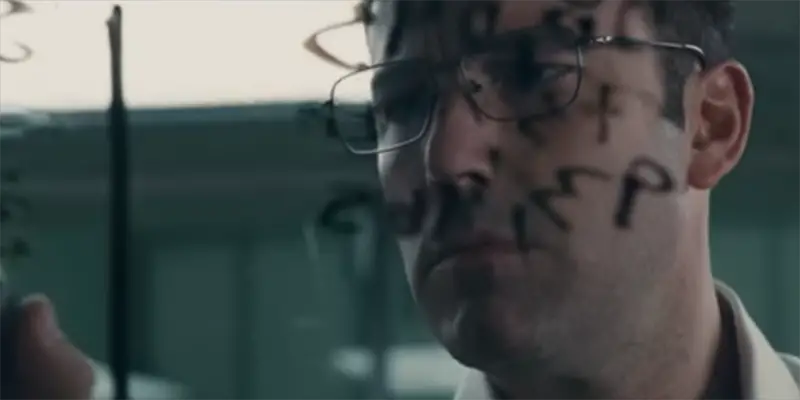
Walking out of the theater, all I could think about was how much I had enjoyed watching The Accountant. It had the right amount of action, comedic relief and character depth – specifically with the film’s main character, Christian Wolff. When it came time to sit and write about what I had seen, though, I found that this great movie may have been more lacking than I had initially thought.
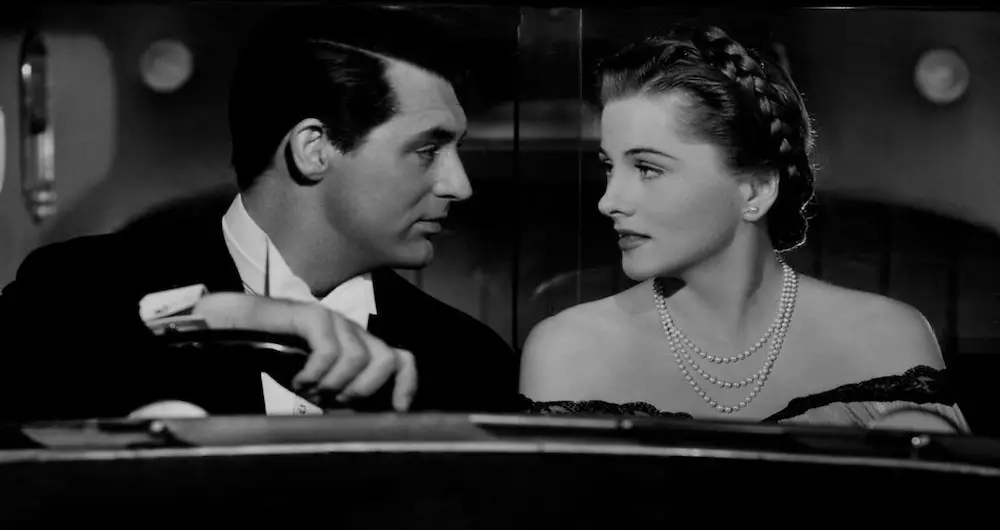
Every year, ten movies are bestowed the honor of becoming nominated by the Academy of Motion Arts and Sciences. Many of these films will have already had various successes throughout the year; good festival attendance, box office success and the receiving of other prestigious awards. Yet, only one of the ten films ends the night being declared the best of the best.

Bleak thrillers that satirize the modern nuclear family seem to be increasing in popularity in recent years. The most prominent example would obviously be Gone Girl, based on Gillian Flynn’s novel of the same name and directed by David Fincher. The latest film that could classify within this subgenre is The Girl on the Train, which contains many similar elements to Gone Girl, including a mysterious disappearance of a woman, which the film’s events revolve around.
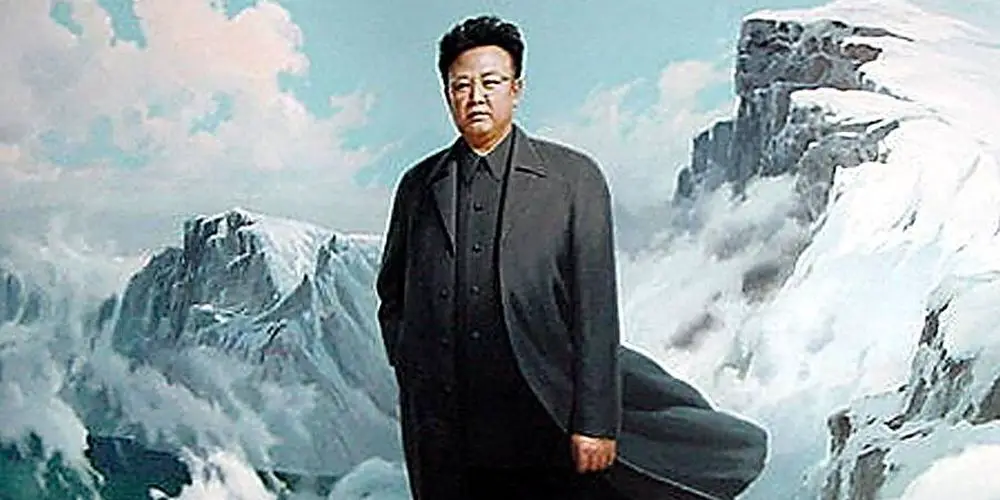
When we think of documentaries about North Korea, it is usually with an eye toward illuminating what to this day remains cloaked in self-imposed mystery. As it has always been an excessively reclusive nation, this state of unknowing has been the primary trait most of the West associates with the DPRK. As a young country, that means most of its brief history is known only to itself, and even then there are probably only a few at the government’s upper echelons that are privy to details not disseminated to a populace fed on propaganda.

I still fondly remember the day that was subsequently christened the “Miracle on the Hudson”, when it was discovered that a plane successfully landed on the Hudson River after an incident in the air when both engines were destroyed. Amazingly, everyone on board survived. It was one of the first times I had heard of something like this happening, and I would say that most of America, if not the world, was equally spellbound.


